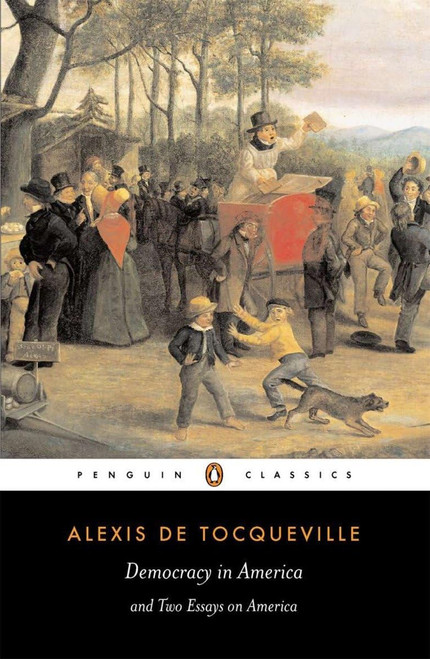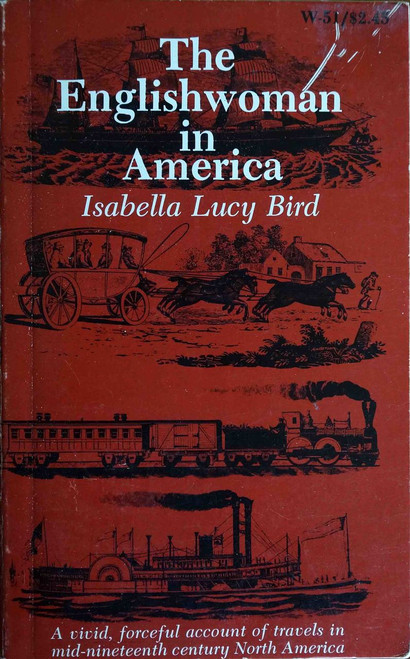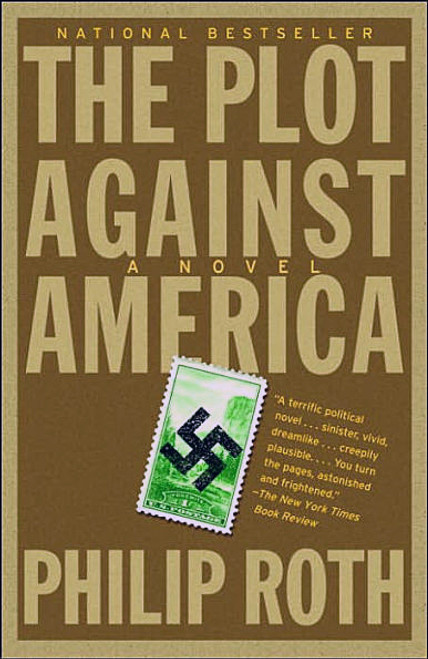“Democracy in America…remains, all in all, the greatest interpretive work ever written on the United States, and the classic analysis of the influence of democracy,” declared Henry Steele Commager in our own day. The first expression of this enormous impact are the two extensive essays, by John Stuart Mill, which comprise the classic appraisal of Tocqueville’s masterpiece. They are reprinted now in their entirety, supplementing each volume with a separate, important introduction.
Through Tocqueville Mill came to see that traditional theories, from Plato to Rousseau, conservative and revolutionary alike, no longer served to illuminate the relationship between liberty and authority; with the rise of democracy the nature of the relation had changed. It was Tocqueville who announced the change and exhibited it in detail in its American context. Mill further emphasized the need for an entirely new program of social and political theory and made clear the irrelevance of accepted ideas for the modern democratic situation. The present two essays help to explain why all those—from Mill himself to contemporary sociologist like Riesman and White—who probe into the way “free” men tyrannize over themselves, are directly and essentially in debt to the genius of Tocqueville.
With a Critical Appraisal of Each Volume by John Stuart Mill
About the Author
Alexis de Tocqueville (1805-1859) was a French political thinker, sociologist, aristocrat, and historian best known for his Democracy in America and The Old Regime and the Revolution.








